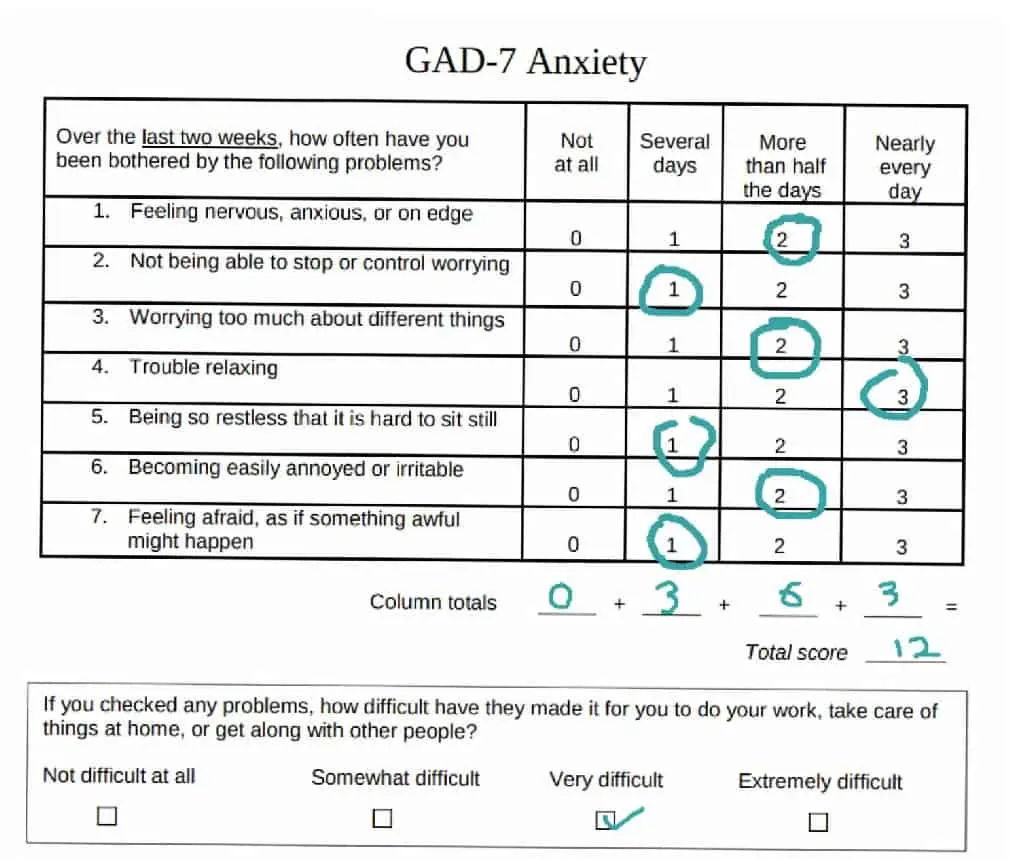Many psychologists, health professionals, and researchers often grapple with the problem of comparing different questionnaire items like CES-D or the Generalized Anxiety Disorder Assessment (GAD-7), either due to language barriers or inherent differences in the questionnaires.
Thankfully, CES-D vs GAD-7 comparisons are now much simpler and more efficient thanks to the cutting-edge software called Harmony.
Harmony uses natural language processing and generative AI models to harmonise questionnaire items like CES-D and GAD-7, regardless of the language they are in. This exciting technology eases the often laborious and subjective process of questionnaire harmonisation, improving researchers’ productivity and reducing errors. Consider CES-D, a lengthy, 20-item questionnaire that measures symptoms associated with depression. Contrast this with GAD-7, a shorter, 7-item instrument aimed at assessing generalized anxiety disorder severity. While distinct in content and structure, comparisons between these two instruments are necessary for many kinds of longitudinal studies.
| No. | GAD-7 English |
|---|---|
| 1 | Feeling nervous, anxious, or on edge |
| 2 | Not being able to stop or control worrying |
| 3 | Worrying too much about different things |
| 4 | Trouble relaxing |
| 5 | Being so restless that it is hard to sit still |
| 6 | Becoming easily annoyed or irritable |
| 7 | Feeling afraid, as if something awful might happen |
| 8 | If you checked any problems, how difficult have they made it for you to do your work, take care of things at home, or get along with other people? |
With Harmony, comparisons of CES-D vs GAD-7 are streamlined, as the software provides a percentage match between each item in both questionnaires.

Furthermore, Harmony’s intuitive and user-friendly interface allows you to drag and drop your own instruments, like the CES-D or GAD-7, in PDF format, making CES-D vs GAD-7 comparisons seamless and hassle-free. Harmony’s large database also allows you to select your instruments of interest directly. Not only does Harmony solve the problem of language discrepancies, but it also simplifies questionnaire comparisons within and across different studies, supporting more valid and reliable research findings. Verifying consistency and examining differential responses to social environments across multiple studies becomes achievable with Harmony.
In conclusion, the implementation of Harmony in mental health research holds immense promise. The CES-D vs GAD-7 comparison, among other potential harmonisations, becomes simpler, more efficient, and less error-prone. This tool, therefore, is essential for professionals seeking to optimize their research processes and meet the exponentially growing demands of today’s mental health field.